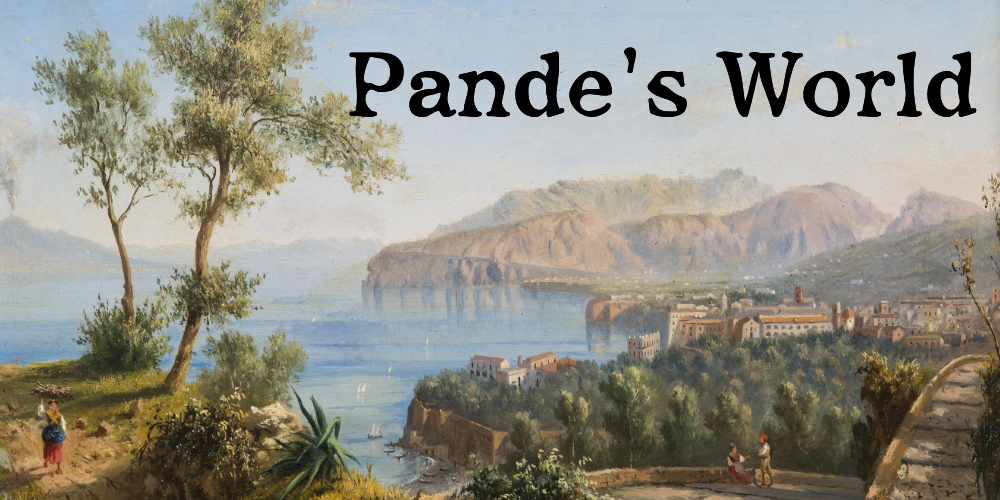Imperial Calendar
"So, today is Zedday, aye? Well, come see me in eight days, next Thukday, and I'll have your payments then. You won't have to wait until Endyear, I promise you that."The calendar used across the The Empire of Belyos, as well as the offshoot nations in the north. The Sakamohr Confederacy is believed to use its own calendar, although its specifications are not widely known in the Empire. The Dwellers of the northern continent have a low opinion of fixed dates, and prefer to organise themselves around the seasons, the growing of their crops, and the migration of the animals that they hunt.
History of the Calendar
Although undoubtedly prior to the The Inheritance War humanity had a calendar, on the foundation of the Empire, Yaltur and Jamal Hudor decreed a new calendar was to be put into place, one that better highlighted the gods and their appropriate place in Imperial society. The gods themselves were knowledgeable about the world, and the length of its days and seasons, and helped implement a calendar that would be able to cope with the complexities of the solar year. Implementation of the calendar was easier than might be expected; the population of the Empire at the time was much lower than currently, and the main institutions and infrastructure of the Empire had yet to be built. As the Empire expanded across the lands of the Inner Sea, usage of the dating system was carried with it, and whatever older systems that were carried over soon died out. During the The Great Schism, most independent Lords attempted to rename the month of Jamal after themselves, or their own house, and implement their own festivals. This was quickly overturned with the reunification of the Empire, although in some more rural areas of the northern Empire, some of the older names persist. The Sakamohr brought their own dating system with them, some adopted the Imperial system when interacting with the remnants of the Empire, but for the most part, evidence of their system was eradicated when they were evicted from Imperial lands in 1587.Structure
The year of 365 days was split into 13 months - 12 of these months, named after the 12 gods who fought the Usurpers, would be thirty days long, with a thirteenth month, named after Jamal Hudor himself, of 5 days to end the year. Every four years, the month of Jamal would gain an additional day, to keep the calendar in line with the seasons. Astronomers were to keep a watch of the stars, and when the calendar drifted, as the gods promised it would, then this extra day could be skipped.
Each of the 30 day months is split into weeks of 6 days, named after the main Inheritors. Yalday was decreed to be a day of rest and worship, and although the idea of a whole day of rest was overruled by the necessity of daily life, temples often put on more services on Yalday and not attending at least one service on this day is frowned upon in more traditional areas.
The month of Jamal, with it only having five days (six in a leap year), is different; the days are not named, but numbered, and it is often a period of reflection and promise fulfilment, when a good Imperial citizen ensures their debts are paid and their obligations upheld. Less upstanding citizens see the month as a build up to the new year, and tend to 'forget' their debts instead of paying them off.
The year begins with the festival of Tanabarlia, which is always on a Yalday; in most areas, this is loud and ribald affair, with much drinking and public celebrations. The current Emperor has the right to decree other celebrations as well - these almost always include the anniversary of their coronation, and their birthday, both of which are generally an excuse for alcohol consumption.
| Month |
|---|
| Tanab |
| Mesoh |
| Dicac |
| Leris |
| Hikis |
| Sanul |
| Yaltur |
| Seidtur |
| Zedtur |
| Lortur |
| Thuktur |
| Raeltur |
Maintenance of the calendar, the insertion or removal of leap days, and the distribution of festival dates is the responsibility of the Imperial Calendar Bureau (sigil opposite), who unlike most Imperial bureaus have their headquarters in the hills of the Imperial Province where their observatory may watch the progression of the seasons without interference from the lights of the great Imperial city of Belyos.
Remove these ads. Join the Worldbuilders Guild



Comments